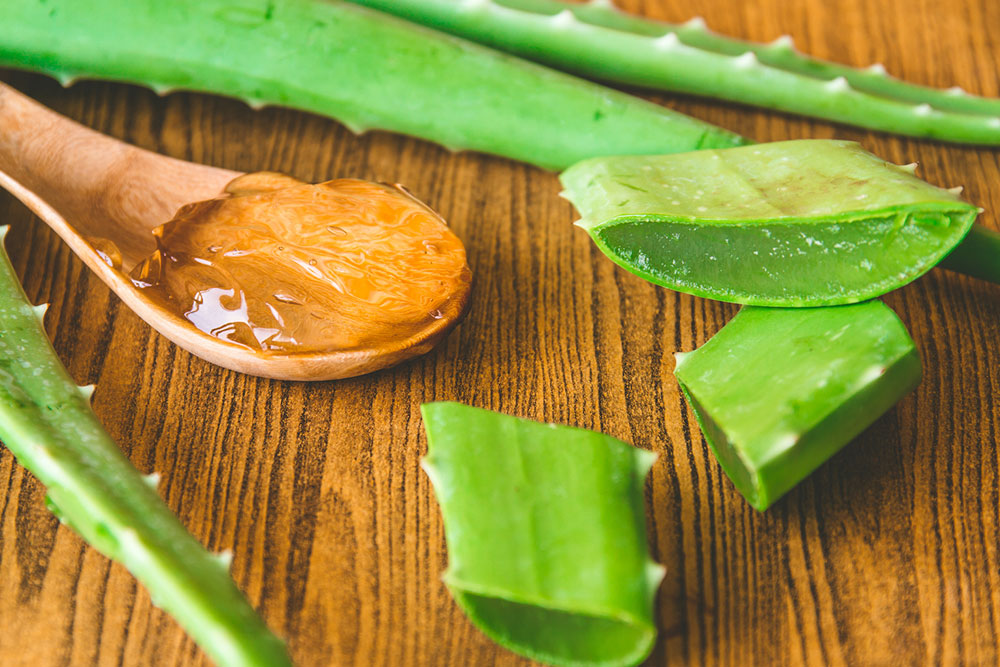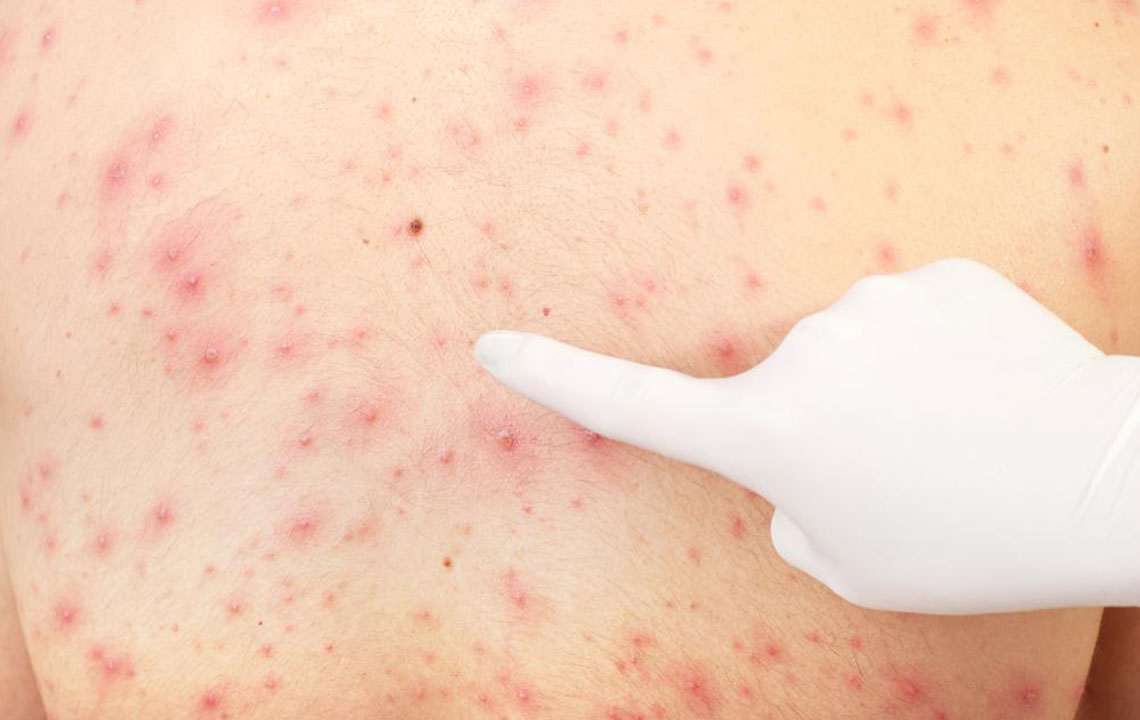Comprehensive Home Strategies for Preventing Eczema Flare-Ups and Maintaining Healthy Skin
Discover comprehensive and natural home strategies to effectively prevent eczema flare-ups and promote healthy, hydrated skin. Learn about skincare routines, trigger avoidance, stress management, and environmental tips to reduce outbreaks and maintain skin wellness naturally.

Effective Natural Methods to Reduce Eczema Occurrences
Eczema, also known as atopic dermatitis, is a chronic skin condition characterized by inflammation that leads to dryness, intense itching, redness, and flaky patches. For many individuals, managing eczema can be a continuous challenge, as flare-ups can be triggered by various environmental and lifestyle factors. While medicated treatments offer relief, a proactive approach involving natural home remedies can play a significant role in preventing the onset of eczema symptoms and promoting healthier skin overall. These natural strategies are particularly beneficial for individuals who are prone to frequent flare-ups or looking to reduce reliance on topical medications.
Understanding and implementing effective skin care routines are essential. One of the simplest yet most impactful habits is avoiding excessive washing, which can strip the skin of its natural oils. Instead, using lukewarm water for baths and showers helps maintain the skin’s moisture barrier. Hot water, although tempting, can exacerbate dryness and irritation, leading to more frequent eczema outbreaks. Employing mild, fragrance-free cleansers designed specifically for sensitive skin reduces exposure to potential irritants. Patting the skin gently dry with a soft towel after bathing, rather than rubbing vigorously, preserves skin integrity and prevents further dryness.
Moisturization is the cornerstone of eczema management. Applying organic coconut oil immediately after bathing can create a protective barrier that locks in moisture and soothes irritated skin. Other nourishing oils, such as jojoba or shea butter, can also be beneficial. Consistent use of these emollients helps maintain skin hydration, making flare-ups less likely. Additionally, choosing gentle, hypoallergenic skin care products and avoiding products containing alcohol, fragrances, or harsh chemicals is crucial in reducing irritant exposure.
Identifying personal triggers for eczema is vital for effective prevention. Common triggers include allergens like pollen, pet dander, dust mites, and certain foods. Chemical irritants found in household cleaning products, detergents, and fragranced cosmetics can also provoke outbreaks. Wearing loose-fitting, breathable clothing made from natural fibers such as cotton helps reduce skin irritation. Additionally, managing stress through relaxation techniques like yoga, meditation, or deep-breathing exercises can help keep eczema under control, as stress often exacerbates skin inflammation.
Environmental factors also influence eczema flare-ups. Maintaining optimal indoor humidity levels prevents skin from becoming excessively dry. Using a humidifier during dry seasons or in heated environments can help preserve skin moisture. Avoiding exposure to harsh environmental elements, such as cold winds or excessive sun, is also recommended. For individuals whose eczema is highly sensitive to specific allergens, seeking professional advice from a dermatologist for patch testing can identify triggers accurately. Once identified, avoidance strategies can be tailored to prevent future outbreaks effectively.
Adopting a holistic lifestyle approach enhances the effectiveness of eczema prevention strategies. Regular physical activity, a balanced diet rich in omega-3 fatty acids, and sufficient hydration support overall skin health. Staying well-hydrated helps keep the skin plump and less prone to dryness and cracking. Incorporating anti-inflammatory foods, like fruits, vegetables, and nuts, can also assist in reducing skin inflammation. Moreover, minimizing exposure to environmental pollutants and smoking can further protect the skin barrier from damage.
In conclusion, a combination of gentle skincare, trigger avoidance, stress management, and environmental control forms the foundation of natural eczema prevention. While these tips can significantly reduce the frequency and severity of flare-ups, individuals with persistent or severe eczema should consult a healthcare professional for personalized treatment plans. By adopting these natural home strategies, individuals can enjoy healthier, more comfortable skin while minimizing reliance on medications and potential side effects.





